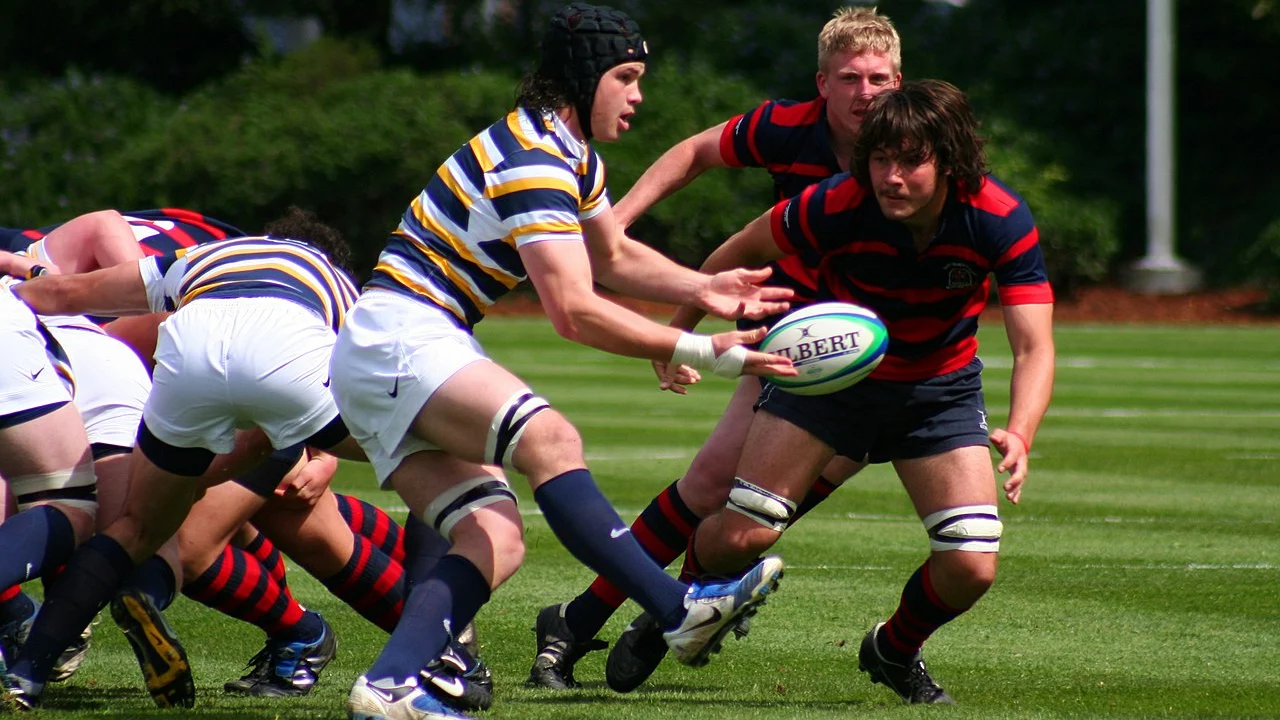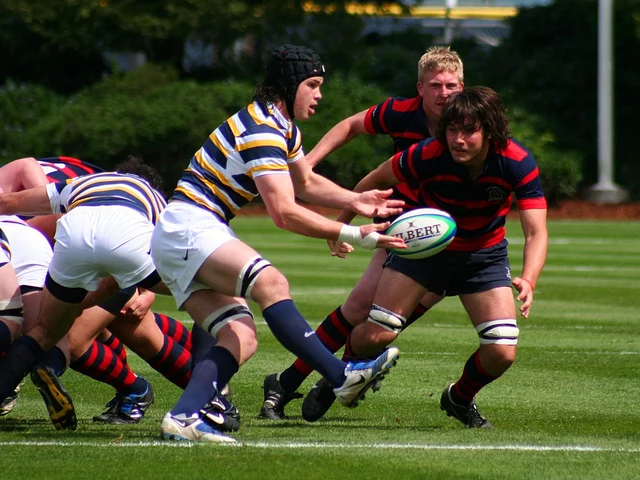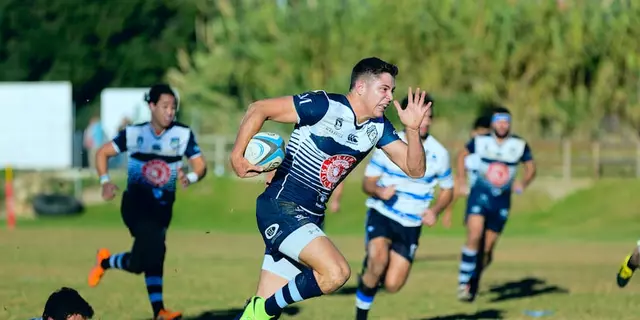College Rugby Teams – Your Guide to Joining the Campus Game
Thinking about trying rugby while you’re at university? You’re not alone. Hundreds of students pick up the ball each year, and the good news is you don’t need a pro’s skill set to get started. All you need is a willingness to get sweaty, learn fast, and enjoy the camaraderie.
First things first – locate a team. Most UK universities have a sports hub or a dedicated rugby club page on their website. A quick search for "[Your Uni] rugby club" will usually land you on a contact email or a Facebook group. If you can’t find anything online, pop into the student union office and ask; they’ll point you in the right direction.
Finding the Right College Rugby Team
Once you know a club exists, ask about the different squads. Many schools split teams by experience: a beginners’ side, a development squad, and a first‑team that competes in regional leagues. If you’re brand new, the social or “touch‑rugby” group is perfect – they focus on basic skills and keep things low‑impact.
Don’t be shy about attending a training session. Most clubs welcome observers, and it’s a great way to see the vibe. Look for coaches who explain drills, give feedback, and keep the atmosphere friendly. If you feel the energy is right, sign up for the next practice. Most clubs charge a modest fee covering insurance, kits, and pitch hire.
What to Expect When You Join
Training usually runs two to three times a week, mixing fitness work, skill drills, and small‑sided games. Expect a lot of running, tackling basics, and passing under pressure. Coaches will break down each move – you’ll learn how to bind in the scrum, line‑out yourself, and protect the ball in contact.
Balancing rugby with coursework can be tricky, but most clubs schedule sessions around lecture times. Keep a calendar, talk to your tutor if you need a short excused absence for a match, and prioritize recovery – good sleep and a decent diet keep you on top of both worlds.
If you’re aiming for higher competition, ask about strength and conditioning sessions. Many universities have a gym dedicated to rugby players, offering weight rooms, sprint tracks, and mobility work. Even if you just want to stay fit, those extra sessions boost your stamina and reduce injury risk.
Don’t forget the social side. After a game, teams often head to the campus pub or organize pizza night. Those gatherings build friendships that last beyond graduation and make the tough training days feel worth it.
Finally, keep an eye on the season calendar. College rugby runs from September to March, with a break over Christmas. Mark your important fixtures, travel dates, and any cup competitions. Showing up on time and prepared earns you respect and maybe a spot in the starting XV.
Rugby at college is more than a sport – it’s a community, a workout, and a chance to learn leadership on the fly. So grab a pair of boots, sign up for that first practice, and get ready to tackle both the game and the university experience head‑on.
Rugby is not just a game played overseas; it's gaining traction in American colleges too. Many universities across the nation, including Harvard, Yale, and Stanford, have rugby programs. Other notable colleges with rugby teams include the United States Military Academy (West Point) and the United States Naval Academy. The sport is growing rapidly in popularity, with more colleges adopting programs each year. It's an exciting time to be a rugby fan in America!
READ MORE





